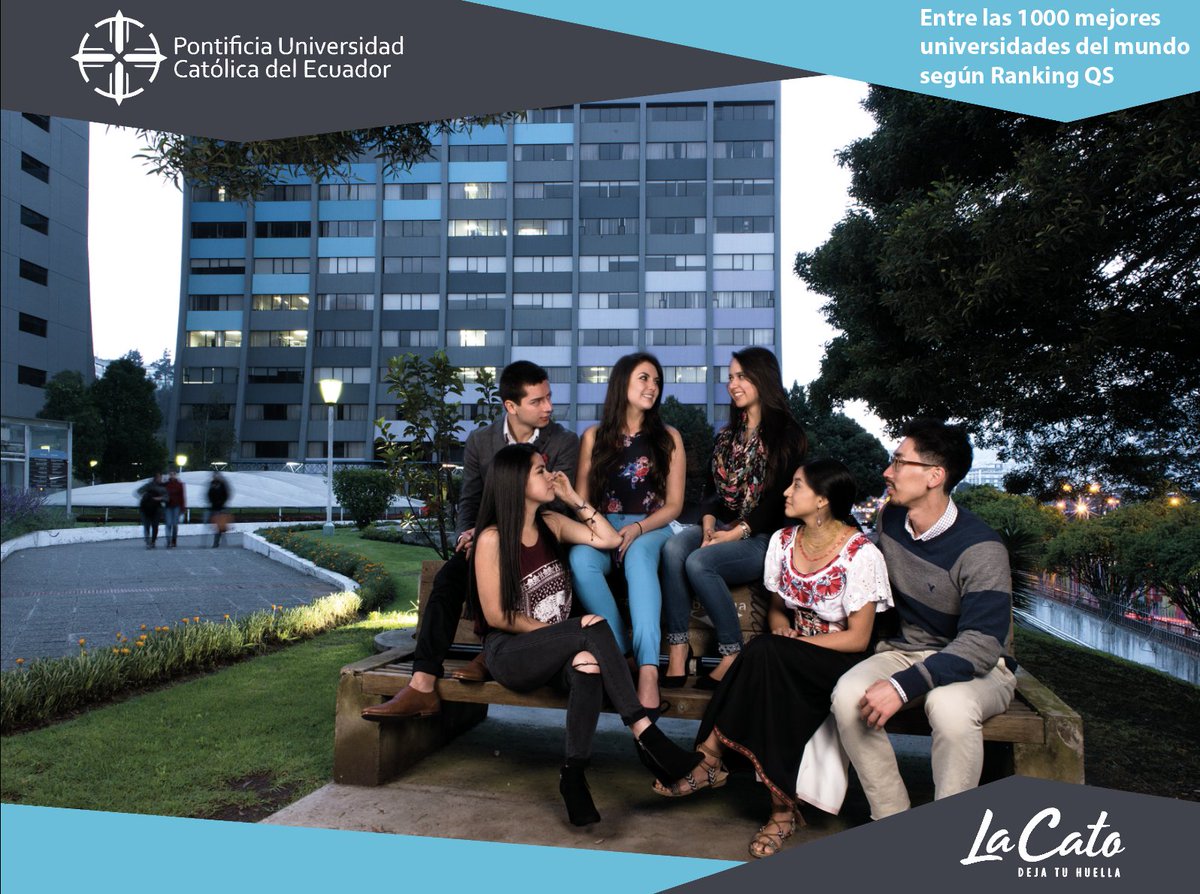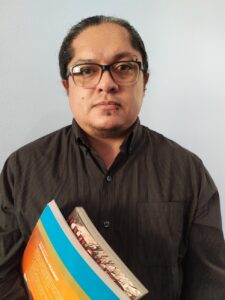
Curso de formación especializada
Scientific writing in English
gmbaillard@puce.edu.ec
Mtr. Gil Baillard
Fechas de inicio
November 24, 2021
Modalidad
Online
Duración
8 weeks – 32 synchronic hours (autonomous work is also expected)
Horario
Monday, Wednesday, and Thursday 16h30 – 17h50
Inversión
$ 120 dólares
Agotado
Scientific Writing
The increasing demand for academic research and publications felt by academic institutions and their faculty alike has motivated a series of measures in order to improve not only the quantity of research projects, but also the quality of such research and how it is shared with the scientific and academic community. Research has become a cornerstone for universities as they have been evaluated in terms of number and relevance of research projects and academic publications. As a result, Universities have also come to the realization of the importance of such research; however, it is not only the research that matters, but also how its findings are delivered to the scientific community.
It is now that training calls for investment. Faculty and researchers need to be appropriately prepared for field, experimental or classroom research in addition to their preparation to put their findings on paper and share them with the world. Globalization and academic mobility have made the academia realize that the production of knowledge must be shared at a global scale; it is now that English takes its role as the lingua franca and the language of science and knowledge. Thus, the necessity of improving faculty’s handle of the language and its academic skills have been deemed essential.

ESTRUCTURA
TOPICS
- Intro, set up peer groups
- Papers as stories
- Writing strategy
- Paper structure
- Methods
- Figures and tables
- Results
- Introduction
- Reference management; How to be cited
- Discussion
- Paragraphs
- Peer reviewing
- Deep reading and writing
- Title and Abstract
- Revision
- Response to reviews
- Brevity
- Citation practices + Coauthorship
- Journal choice
- Outreach: blogging
- Outreach: radio
- Why scientific writing sucks
- Beauty and humour
DIRIGIDO A
Enrolling students are advised to have a research project advanced enough to be written up as part of the course activity and must be able to share drafts with classmates. Additionally, enrolling students are advised to have at least a B1+ level according to the CEFR.
REQUISITOS
- Certified B1+ (complete)
CERTIFICACIÓN
- Approval Certificate
Scientific writing in English
PUCE has offered several training courses on Research Methodology and Writing in Spanish with very good acceptance from its staff. The demand for further and more widespread research calls for additional-specific training in Academic-Scientific Writing in English. This is what motivates the necessity of this workshop-based course: help researchers, teachers and students improve their academic writing skills so that their research can be published in English.

Su título va aquí
Calendario
| Date | Lecture | Workshop | Reading | Assignment due |
| 2021-11-24 | L1: Intro, set up peer groups | W1: Peer groups get-to-know-you | ||
| 2021-11-25 | L2: Papers as stories | W2: Outlining 3 ways | Ch 1, 2, 7 | |
| 2021-11-29 | L3: Writing strategy | W3: Tip sheets | Ch 4, 5, 6 | A1: Story summary |
| 2021-12-01 | L4: Paper structure | W4: Finding IMRaD | Ch 8, 16 | |
| 2021-12-02 | L5: Methods | W5: Methods detail | Ch 11; pp 164-166 | |
| 2021-12-08 | L6: Figures and tables | W6: Figure/Table draft | Ch 12 | |
| 2021-12-09 | L7: Results | W7: Results critique | A2: Methods draft | |
| 2021-12-13 | L8: Introduction | W8: Introduction markup | Ch 10 | |
| 2021-12-15 | L9: Reference management and citation searching | W9: Reference management | A3: Results draft | |
| 2021-12-16 | L10: Discussion | W10: Discussion markup | Ch 13 | |
| 2021-12-20 | L11: Paragraphs | W11: Paragraph markup | Ch 17 | |
| 2021-12-22 | L12: Peer reviewing | W12: Methods/Results peer comments | Ch 23; pp 242-244 | A4: Introduction draft |
| 2022-01-03 | No lecture, but meet for workshop | W12: Methods/Results peer comments, cont. | ||
| 2022-01-05 | L13: Deep reading and writing | W13: Deep reading | A5: Introduction peer review | |
| 2022-01-06 | L14: Title and Abstract | W14: Titles | Ch 9 | A6: Discussion draft |
| 2022-01-10 | L15: Revision | None | Ch 21, 22 | |
| 2022-01-12 | L16: Response to reviews | W16: Response to reviews | Ch 24 | |
| 2022-01-13 | L17: Brevity | W17: Bloat and cut | Ch 20 | |
| 2022-01-17 | L18: Citation practices and L19: Coauthorship | None | Ch 15, 26 | A7: Complete paper draft and response to reviews |
| 2022-01-19 | L20: Journal choice | W19: Evaluating journals | ||
| 2022-01-20 | L21: Outreach: blogging | W20: Blog critique | pp 244-245 | |
| 2022-01-24 | L22: Outreach: radio | W21: Simulated interviews | ||
| 2022-01-26 | L23: Why scientific writing sucks | W21: Interviews, continued | ||
| 2022-01-27 | L24: Beauty and humour | W23: Jargon | Ch 28 | A8: Blog post |
Tutores
 Christian G. Gavilanes J. M.A. |
Master of Arts in English Teaching. EFL and MPILE instructor. Responsible of the English Section in PUCE’s Language Center. His research is focused in EFL Pedagogy, Literature and Linguistics. |

Inscríbete y obtén tu certificado
Scientific Writing in English
Avalado por la PUCE
Con el respaldo académico de nuestros 75 años de experiencia en educación.
Equilibrio y flexibilidad
Buscamos que puedas equilibrar tus responsabilidades laborales y tu tiempo.
Tutor personal
Tendrás una guía permanente para resolver todas tus preguntas y completar tu curso satisfactoriamente.
Plataforma disponible 24/7
Recursos y materiales disponibles en la plataforma para que puedas acceder cuando lo necesites.
